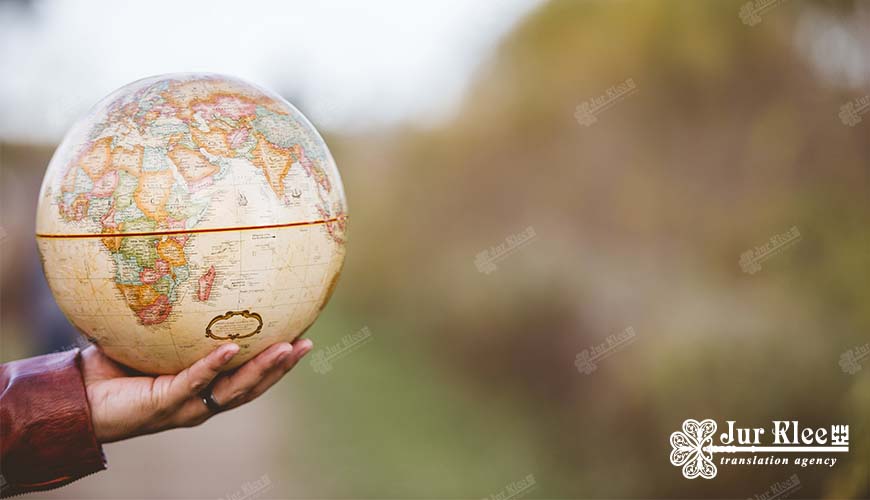
Requirements for the translators in different countries
The translation profession is in demand all over the world, and each country has its own unique requirements for the qualifications and skills of the translators. These requirements may vary greatly depending on the legislative and cultural characteristics of each country.
In the USA, where there is no unified national certification system for translators, considerable attention is paid to professional accreditation. The American Translators Association (ATA) offers certification, which is considered the gold standard in the industry. Obtaining an ATA certificate requires passing a difficult exam and confirming professional competence. In addition, there is a great demand in the USA for specialists in certain fields, such as medical and legal translation, where specialized knowledge and understanding of specific terminology are required.
In the countries of the European Union, the requirements for translators are often related to academic training. In Germany, France and other EU countries, translators usually need to have a university degree in translation or linguistics. In addition, in some countries, such as Belgium or the Netherlands, translators can undergo additional certification or registration with professional organizations, which increases their attractiveness in the market. An important aspect of the work of a translator in the EU is the ability to work with several languages, including at least one of the official languages of the European Union.
In Japan, the requirements for translators are particularly strict, especially when it comes to knowledge of the language and culture. Translators often need to have not only a specialized education in linguistics or translation, but also in-depth knowledge in a specific field, such as legal or technical translation. In Japan, great importance is attached to the ability to express ideas accurately and clearly, as well as the ability to adapt to the context of culture. Speaking English at the native level is considered a significant advantage, as well as the ability to work with Japanese clients and understanding of local business processes is also important.
In China, the process of certification of translators is strict and regulated at the state level. Translators must obtain certification from the State Translation Agency, which means passing a difficult exam and demonstrating deep knowledge of both Chinese and foreign languages. In China, special attention is paid to the knowledge of cultural nuances and the ability to accurately translate while preserving the original meaning and style. In addition, an important aspect is the ability to quickly adapt to changing market conditions and new trends in the field of translation.
Finally, the standards and requirements for translators reflect the cultural and professional characteristics of each country. Continuous education and improvement of skills are key factors of success in this profession. At Jur Klee, we strictly follow international standards when choosing translators, ensuring the high quality and professionalism of our services.
